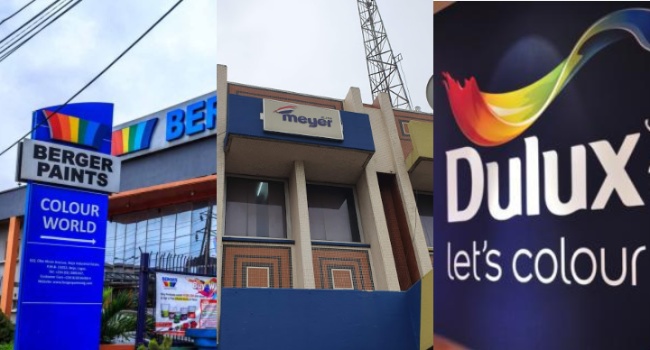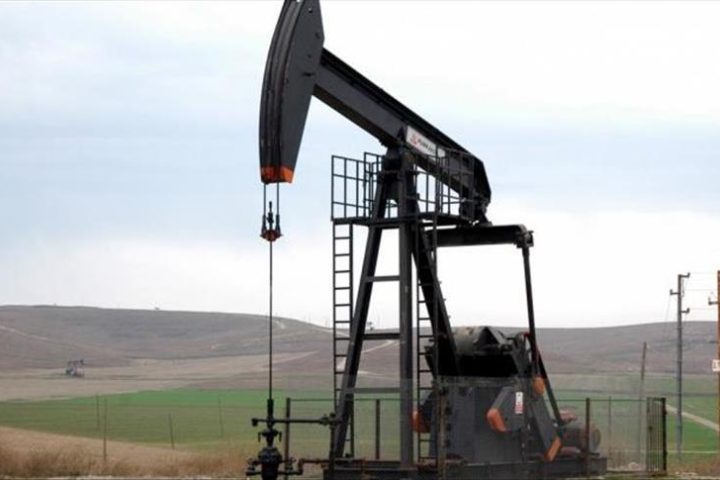The Nigerian government has greenlit domestic crude oil transactions to be conducted in naira or dollars, addressing long-standing concerns of indigenous refineries and operators.
The declaration, announced by the Nigerian Upstream Petroleum Regulatory Commission (NUPRC), aims to streamline the process and ensure a consistent crude oil supply to domestic refineries.
Join our WhatsApp Channel“The commission, in collaboration with key stakeholders, has developed a template to guide Domestic Crude Oil Supply Obligation activities,” stated Gbenga Komolafe, Chief Executive of NUPRC. “This step is crucial to facilitate seamless implementation and maintain a steady crude oil supply to local refineries.”
The decision to allow transactions in naira or dollars is a strategic move to alleviate pressure on the country’s foreign exchange rate, as explained by Komolafe. By offering the option to transact in naira, the government aims to stabilize the exchange rate and promote local industry growth in line with the Petroleum Industry Act (PIA) objectives.
Modular refineries, a vital sector in Nigeria with 25 licensed facilities, have faced operational challenges due to limited access to foreign exchange for crude oil purchases, as highlighted in a recent report by The PUNCH. Eche Idoko, representing the Crude Oil Refinery Owners Association of Nigeria, emphasized the necessity of purchasing crude oil in naira to ease pressure on the currency and make refined products more accessible and affordable.
“The purchase of crude oil in dollars is currently the major challenge to modular refineries,” Idoko stated. “We buy crude in dollars and sell our refined products in naira, and this is a major challenge.”
READ ALSO: Naira Nears N1,000/$1 At Parallel Market As Traders Anticipate Further Gains
The move to allow transactions in naira aligns with the association’s longstanding request and could potentially alleviate the financial strain on modular refinery operators, making diesel and other refined products more affordable for consumers.
Additionally, the government revealed an increase in crude oil and condensate reserves, reaching 37.5 billion barrels as of January 1, 2024. Gas reserves also saw a significant rise, totaling 209.26 trillion cubic feet. These figures underscore Nigeria’s vast potential in oil and gas production, with exploration efforts expanding to frontier basins.
Despite the controversies surrounding exploration expenditure and benefit distribution, frontier basins hold promise for bolstering Nigeria’s oil production and economic growth. Komolafe emphasized the significance of these reserves, highlighting Nigeria’s position as a key player in Africa’s gas reserves, boasting a substantial 33% share.
With the adoption of domestic crude oil transactions in naira, coupled with burgeoning reserves, Nigeria aims to enhance its energy sector’s efficiency, promote local industry development, and contribute to economic prosperity.
Emmanuel Ochayi is a journalist. He is a graduate of the University of Lagos, School of first choice and the nations pride. Emmanuel is keen on exploring writing angles in different areas, including Business, climate change, politics, Education, and others.



















Follow Us